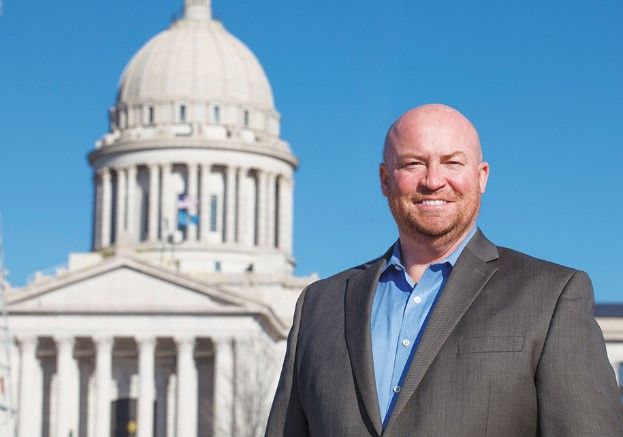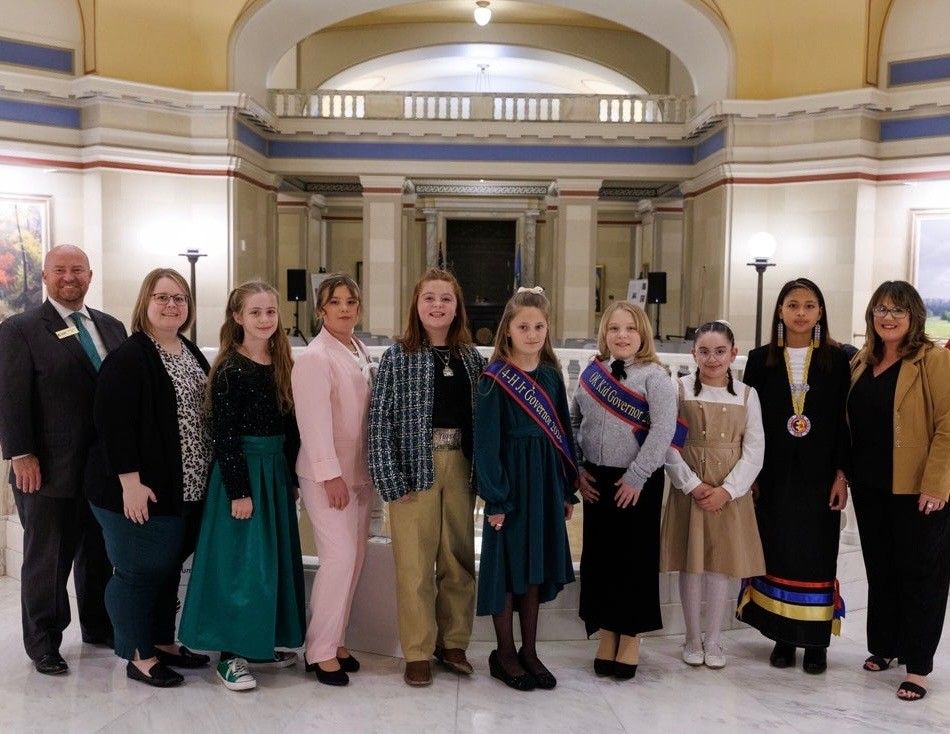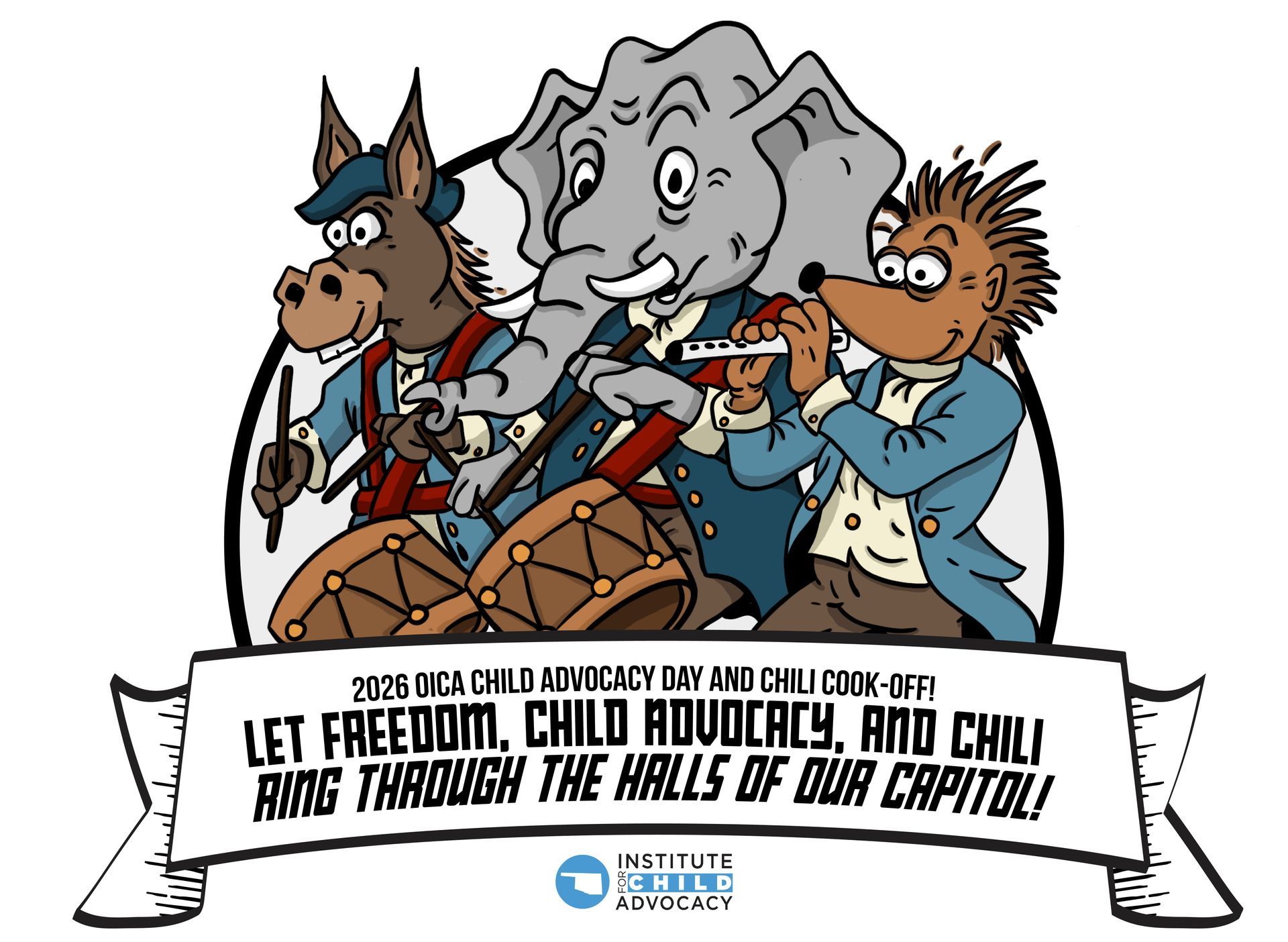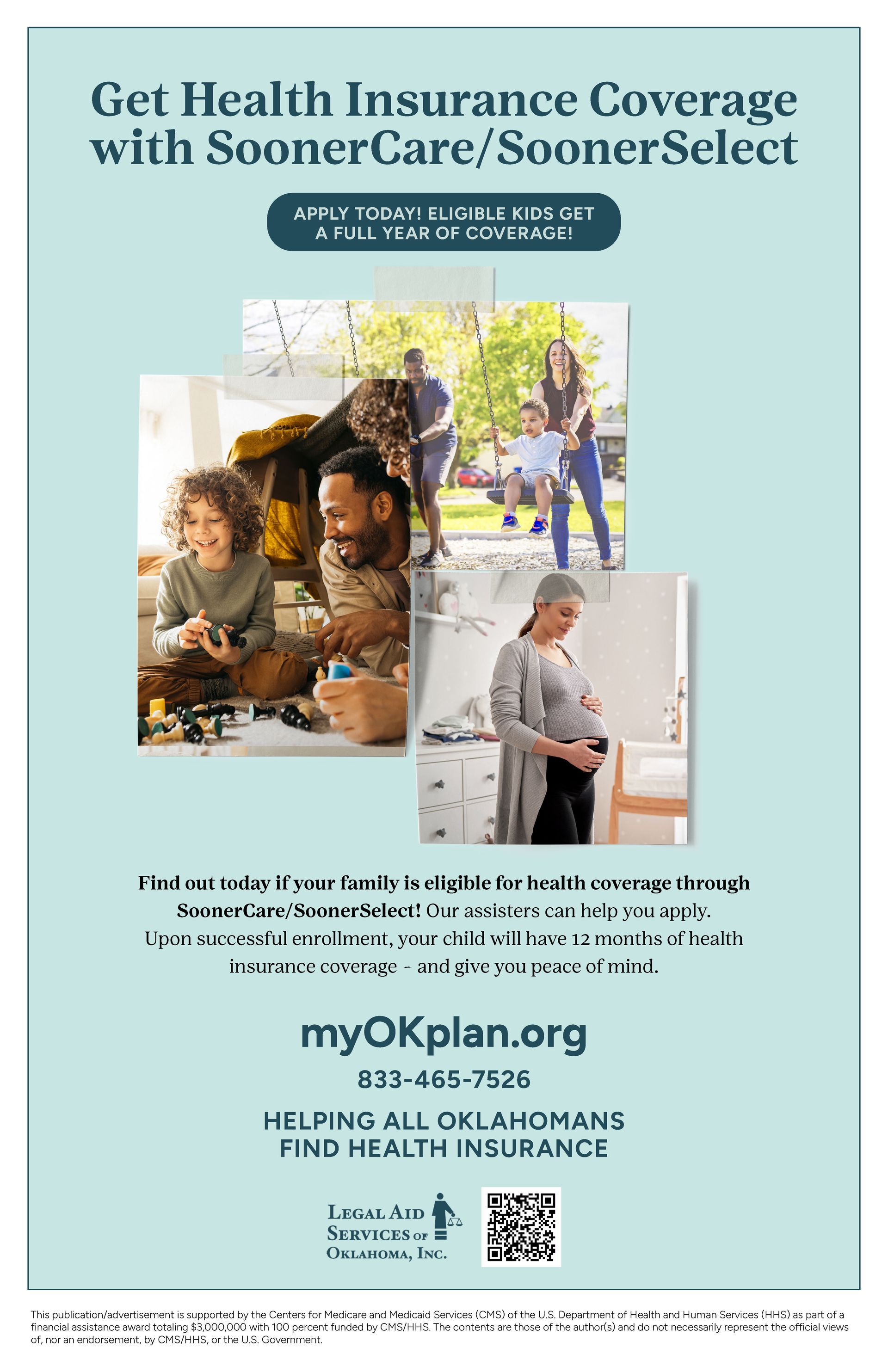Your Voice Matters as Congress Considers Major Policy Changes
Prior to the Memorial Day weekend, the U.S. House of Representatives passed HR 1, commonly called the “Big, Beautiful Bill” Act. The vote of 215-214 fell almost exactly on a party-line vote. The bill now moves the bill to the Senate for consideration. It is expected that a vote will occur within the next few weeks.
Much of this legislation will have a significant impact on children and families across the country. I wanted to share a synopsis of the legislation which was prepared for one of our collaborative partners at the national level, SPARC.
Over the next three weeks, I will highlight some of the major portions of this legislation tying to Medicaid modifications and how it will impact Americans, including those in Oklahoma receiving SoonerCare, educational support programs for students, and tax reform.
I first want to highlight what the bill would do to the Supplemental Nutritional Assistance Program (SNAP). SNAP provides food benefits to low-income families to supplement their grocery budget so they can afford the nutritious food essential to health and well-being, along with providing many with basic survival through this program.
The SNAP-related sections of the bill propose to:
• Limit the frequency of updates to the Thrifty Food Plan (TFP)—the basis for calculating SNAP benefits—to once every five years and requires cost neutrality in updates.
• Impose work requirements for able-bodied adults without dependents (ABAWDs), raising the age to which an ABAWD must work from 49 to 64, and narrowing the definition of a dependent child to those under age 7, and limiting caregiving exemptions
• Limit state flexibility by allowing ABAWD work requirement waivers only in areas with over 10% unemployment and reduce the allowable exempt population from 8% to 1%.
• Restrict the automatic qualification for utility deductions in SNAP calculations to households with elderly or disabled members and limit income exclusions for state energy assistance.
• Require states to contribute at least 5% toward SNAP benefit costs starting in FY 2028, with higher contributions (up to 25%) required for states with high SNAP error rates. Currently the federal government pays 100% of the SNAP benefit.
• Reduce the federal contribution to SNAP administrative costs from 50% to 25%, increasing the state share to 75%.
What does this mean to families who depend on SNAP?
• Nearly 11 million people — about 1 in 4 SNAP participants, including more than 4 million children and more than half a million adults aged 65 or older and adults with disabilities — live in households that would be at risk of losing at least some of their food assistance under the legislation.
• Shifting the cost of SNAP and program administration to the states will force states to have to make hard decisions about how they provide SNAP. If every state had needed to pay 5 percent of food benefit costs last year, states would have collectively paid about $4.7 billion.
Much of this federal legislation would apply to the following fiscal year or later, so immediate modifications to state budgets by state lawmakers and governors would not be necessary. As I mentioned, I will highlight other areas of this bill in the coming weeks. If you would like to join us in calling for federal lawmakers to carefully consider the changes to SNAP, SoonerCare, emergency management support and other provisions directly impacting children, please sign on to our letter of encouragement for them to weigh their decisions.
Of course, you can reach out to our federal delegation on your own. If you want to join our effort, you can read the letter at https://qrco.de/CongressLetter. If you wish to sign on to the letter as an individual, go to https://qrco.de/IndSignOn, or if an organization wishes to join in, they can sign on at https://qrco.de/OrgSignOn.











